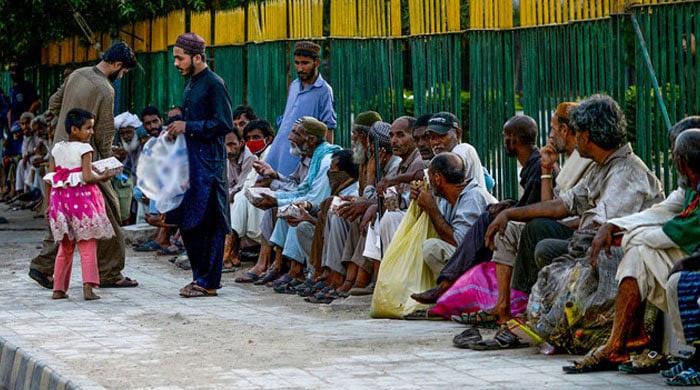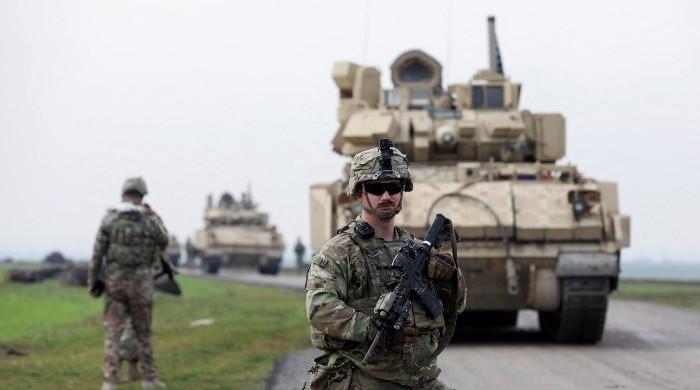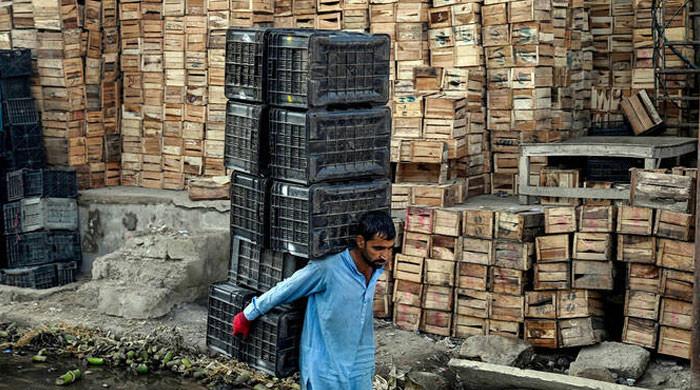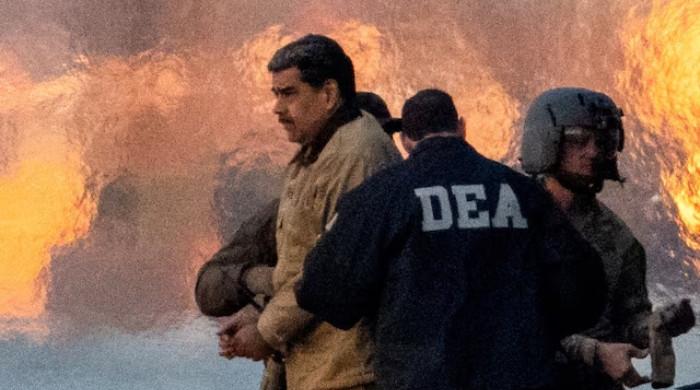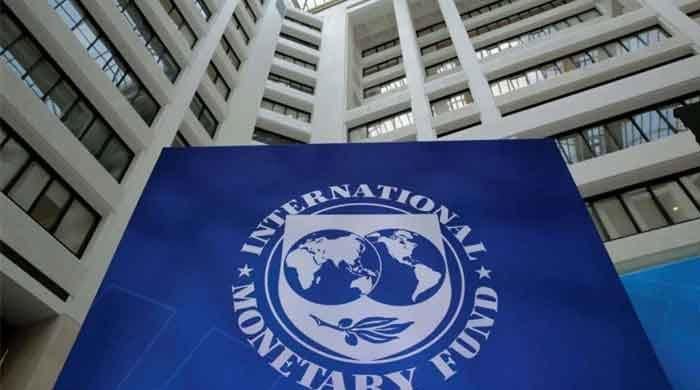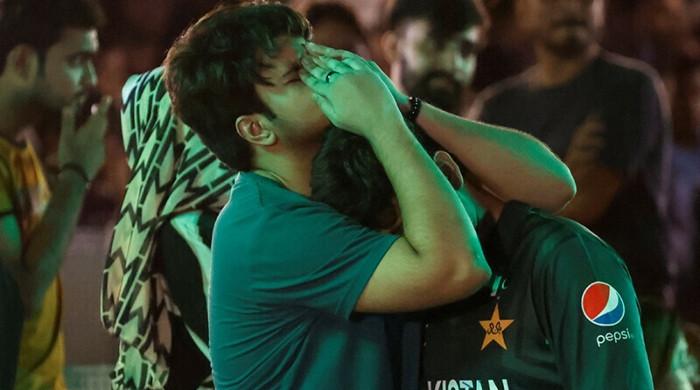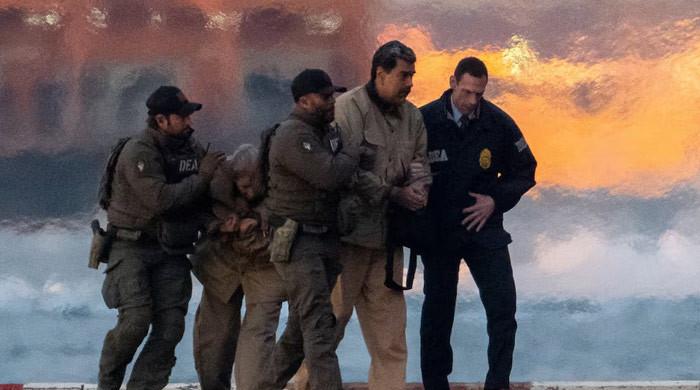The Trump Card of Rouhani
Has the Iranian president lose the golden opportunity to mend ties with the US?
October 11, 2019
By refusing to meet or even show willingness to attend a phone call of Donald J. Trump, did the Iranian president lose the golden opportunity to mend ties or play his Trump card?
At least, diplomatically, it was the height of distrust and a daring insult to the president of the sole superpower. The unprecedented step was taken at a time when the world leaders were gathered in New York.
For Hassan Rouhani, the president of Iran, statesmen don’t shake hands for photo op or sign agreements for showmanship. But why was the president of Iran utterly convinced that he would gain nothing out of the meeting? And, why could no one, including the French president, change Rouhani’s mind?
The answer lies in some of the defining decisions Trump has made recently. First, tremors were felt when the president of the United States unilaterally withdrew from the Joint Comprehensive Plan of Action, most commonly called the Iran Nuclear Deal.
France was one of the signatories of that deal of the decade. And, by proposing a $15 billion credit line for Iran, President Emmanuel Macron had walked an extra mile to revive it. Though, it’s another fact that he couldn’t secure Trump’s wavers in that regard.
Personally, Rouhani may have high regards for Macron. But, the president of Iran also knew that even the remaining signatories of the JCPOA, including China, Russia, Britain, Germany and European Union couldn’t give a new lease of life to the hard earned deal.
In the last few months, some other policy decisions, including those about the Korean Peninsula were equally alarming and added to the mistrust.
The Iranian president had closely watched how the US President encashed his meeting with the North Korean leader. The June summit with Kim Jong-un was used to draw the world’s attention. The American president craftily projected himself as a peacemaker with an adversary, once labelled as axis of evil by the former US president George W. Bush.
The whole exercise was a zero sum game for Pyongyang. Six months down the road, the supreme leader of North Korea felt himself cheated. Despite summits and subsequent dialogues, neither an end of war declaration was signed nor the military exercises with South Korea stopped and neither were the sanctions lifted. Eventually, Kim Jong-un lost patience and opted for new missile tests.
Diplomatic blunder in Afghanistan would have been another stark reminder about who Iran had to deal with. On that front, Trump torpedoed his own State Department’s peace efforts. Rouhani, must have been overjoyed to see how the Taliban belittled Donald Trump by rejecting his invitation to first visit Camp David, and then sign the deal.
Thanks to Pakistan, the US Taliban negotiations are somehow back on track. Though, its ironic that Islamabad was not taken into confidence when Trump unilaterally called off the negotiations.
The issues related to the JCPOA, North Korea and Afghanistan remind the world that the on-job training of US President Trump is still not over. There is no sign that he intends to learn that making peace requires quite diplomacy, not knee jerk reactions.
President Trump’s mediation offer on Kashmir falls in the same category. Though, it was good for Pakistan that an American president so openly presented himself as a mediator during the summit with Prime Minister Imran Khan. But, there was no sign that he gave a second thought before speaking on the seven-decade old issue.
Bragging about his ‘past achievements’, Trump even made a mockery of himself by boasting that even the Indian Prime Minister had asked him to mediate on Kashmir. His ‘dear India’ took no time to call it a baseless claim.
In the very meeting, Trump also asked Prime Minister Imran Khan to mediate on Iran. Why, one wonders, does the American president needed a mediator when he himself holds the keys to solve the crisis? Was he serious or was it another knee jerk reaction? After all, the same night the Houthis rebels had brazenly invaded Saudi Arabia and reportedly captured thousands of troops. A few days prior to that the Houthis had even attacked the giant Saudi oil field. When Trump offered the prime minister to mediate, did he mean that Pakistan request Iran to stop the Houthis?
There may be many more reasons to pursue mediation or direct talks with Tehran. But, it’s obvious that in the upcoming presidential elections, the policy on Iran is not on the ballot. In fact, it hardly matters to the Americans if Trump’s strategy of maximum pressure to force Iran to its knees fails or brings Tehran to the table, for a new deal. To the right wing base, Trump would have been far better off if he hadn’t even tried a photo op.
Was Trump only trying to bring himself to the limelight? No. The American president’s relentless efforts for the summit should be taken in the regional and global context. And, one must follow the whole journey.
Long before discussing the possibility of the summit, President Trump had imposed a series of crippling sanctions on Iran. By uprooting the foundation of the JCPOA, he had probably tried to send a message not only to Tehran but to the whole world that, on international stage, only America matters. And, if Iran truly wants to come out of the shackles, then it must shake hands with the President of the United States.
Clearly, Rouhani didn’t buy this idea and kept Trump waiting in the room, holding all the keys to his wonderland.
Rouhani knew that the photo op would bring him on a collision course with the Supreme Leader. Ayatollah Khamenei has openly expressed reservations against the JCPOA and gave his nod of approval only reluctantly.
In this scenario, the Trump-Rouhani meeting would have been more than a miracle. And, with looming parliamentary elections in February and presidential elections later next year, Rouhani had little appetite for committing political suicide.
Globally, the warring heads of governments meet at the conclusion of a series of low level talks that are coupled with positive ministerial level dialogues. American and Iranian presidents have not found such a moment since the Islamic revolution in Iran in 1979.
Amid accusations and sanctions, the Iran-U.S. summit will remain a distant possibility.
But, it’s far easier to encourage Saudi Arabia and Iran to come closer. Both countries are already showing some signs of rapprochement. The region will be better served if instead of selling sophisticated weapons, the United States and Russia help reconciliation, not just ceremonial summit meetings.




